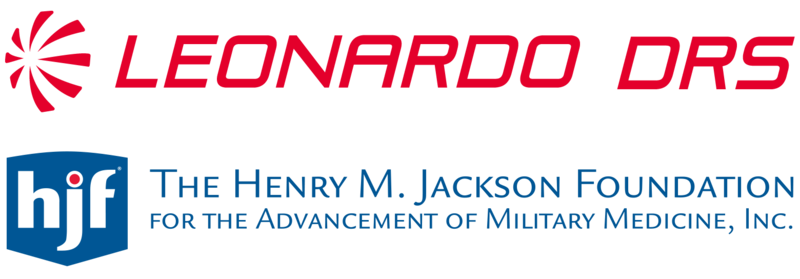A breast cancer diagnosis is frightening and complex. Each patient has their own individual experience. Marie Borsellino, RN MSN OCN, urges patients to discuss concerns with their physician team to learn about resources that can help empower them along the journey. “The cancer center has an entire team to address the physical, mental, emotional, social, and financial effects of cancer that begin when a patient is diagnosed,” she says.
An oncology nurse for more 30 years, including more than 10 years specifically with breast cancer patients, Borsellino serves as Survivorship Coordinator for the Uniformed Service’s University’s (USU) Murtha Cancer Center Research Program (MCCRP) and works at the Murtha Cancer Center (MCC) at Walter Reed National Military Medical Center. MCCRP’s research is translated into drug therapies to improve patient care at MCC.
“Breast cancer treatment is stressful for patients on many levels and our ongoing research is driven by compassion,” says Dr. Craig Shriver, M.D., COL, MC, USA (ret), who serves as Director of MCC, the main Department of Defense clinical site of USU’s MCCRP. MCC is the only DoD Cancer Center of Excellence within the Military Health System. In addition, the Breast Center at MCC has received full accreditation from the National Accreditation Program for Breast Centers. “Our goal is to improve the diagnosis and multidisciplinary treatment of patients through innovative clinical research, care, and education,” explains Dr. Shriver.
As part of its mission to advance military medicine, the Henry M. Jackson Foundation for the Advancement of Military Medicine (HJF) supports the MCCRP of USU as well as its clinical work at the Walter Reed National Military Medical Center. By coordinating national and international collaboration among military and civilian researchers, HJF plays an important role in cancer research.
Breast cancer treatment involves five key areas: prevention, screening, early diagnosis, treatment, and continuing care. When a person is first diagnosed with breast cancer, she is met with a team working together to look at the biology of the patient’s tumors to determine treatment. “Your surgeon, medical/radiation oncologist, pathologist, geneticist, nursing, etc. proactively work on a treatment plan,” says Borsellino.
She emphasizes that this was not automatically done in the past. Since she first started as a nurse, Borsellino has seen numerous changes related to breast cancer treatment. “Our capabilities have advanced tremendously,” she says. “The way breast cancer today is different from even five years ago.”
“We have newer treatment options that target the subtypes of cancer beyond hormone treatments, such a targeted treatments that block certain proteins that control how cancer cells grow, multiply, and spread,” she explains. “In addition, targeted treatments for HER2-positive cancer have improved survival over the last 10 years.”
Borsellino is also encouraged by the promise of immunotherapy. “It trains your body to fight cancer by using your own immune system,” she says. “There are studies looking at immunotherapy alone or in combination with other treatments.”
According to Borsellino, a prevailing new trend focuses on avoiding over treatment but still arriving at the desired outcomes. “We now have testing that will tell you if chemotherapy would be of benefit to a patient’s tumor type, as well as new immunotherapies that will prevent reoccurrence of disease, as well as less invasive biopsies and surgeries that can prevent long-term side effects like lymphedema.”
Borsellino is also pleased about changes in breast cancer awareness, which encourages screening for early detection. “Early detection increases the chances that breast cancer can be treated and cured,” she says.
For family and friends of breast cancer patients, Borsellino says it is important not to make comparisons to other patients or cases. “Be non-judgmental, listen, and don’t ask—just do,” she says. “A thoughtful card, homecooked meals, offering rides, doing shopping, and other helpful actions would be gratefully appreciated.”
In honor of Breast Cancer Awareness Month, HJF for the past several years has partnered with Leonardo DRS to support breast cancer research through the “Stick It 2 Cancer” initiative. Donations will support MCC’s “Look Good, Feel Better” program that helps breast cancer patients take action to deal with the side effects of their treatment.
If you would like to make a donation to support breast cancer research, please visit https://www.paypal.com/donate/?hosted_button_id=P99W8A4Y57W4A.




